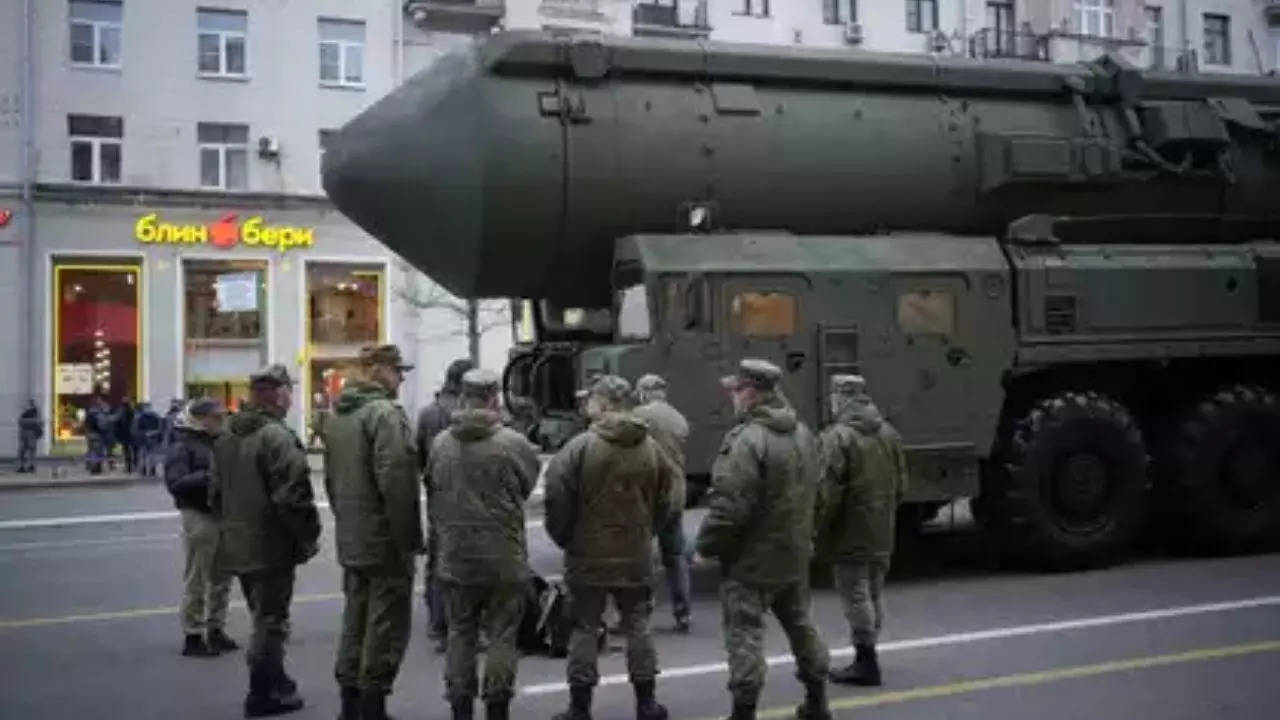After the dissolution of the Soviet Union, Ukraine found itself in possession of a substantial nuclear arsenal. However, due to economic challenges and political risks, Ukraine decided to give up its nuclear weapons. The decision was also influenced by the 1994 Budapest Memorandum, which provided security assurances to Ukraine in exchange for its nuclear disarmament. Unfortunately, the events that followed, such as Russia’s annexation of Crimea and its support of separatist movements in Ukraine, demonstrated the limitations of the international security guarantees. The current conflict between Russia and Ukraine underscores the security vulnerabilities faced by Ukraine without the backing of nuclear deterrence. The situation raises concerns about Ukraine’s ability to protect its sovereignty and territorial integrity. It also emphasizes the complex geopolitical dynamics at play in the region. The need for a robust security strategy to address these challenges becomes increasingly apparent in light of the ongoing tensions. The international community continues to monitor the situation closely, recognizing the importance of stability and security in Eastern Europe.

Posted in
JUST IN
Ukraine’s Decision to Relinquish Nuclear Weapons Exposes Vulnerabilities Amid Russia-Ukraine Conflict: Analysis
In Trend

“India’s new drone policy simplifies regulations for recreational and commercial drone use, promotes industry growth.”


















